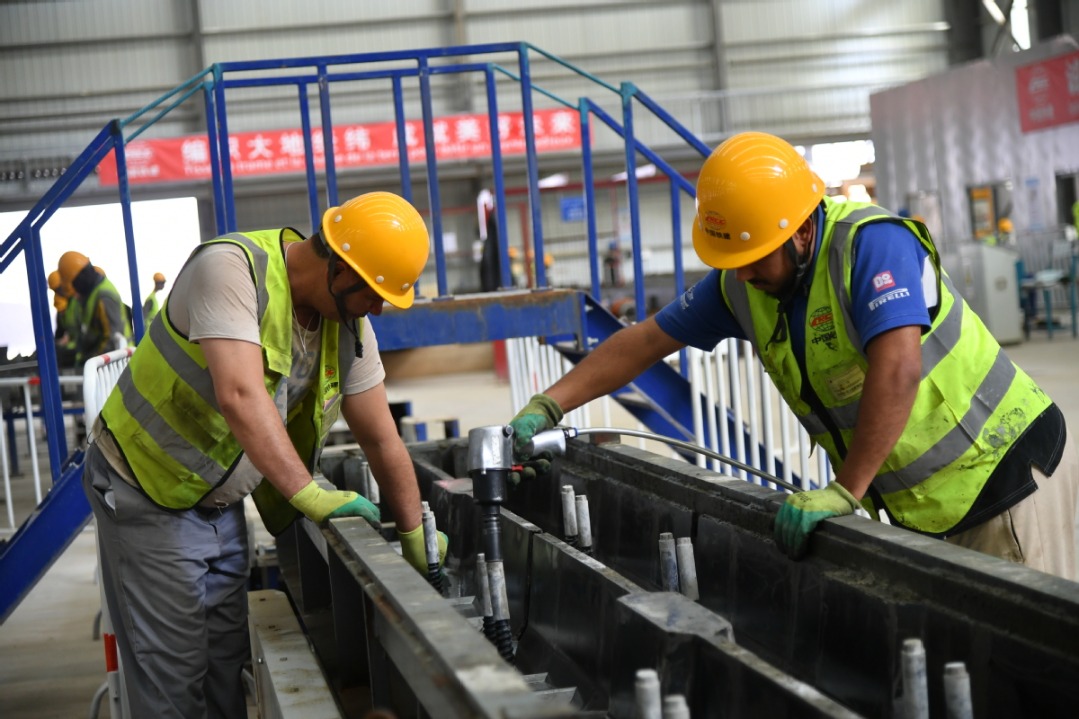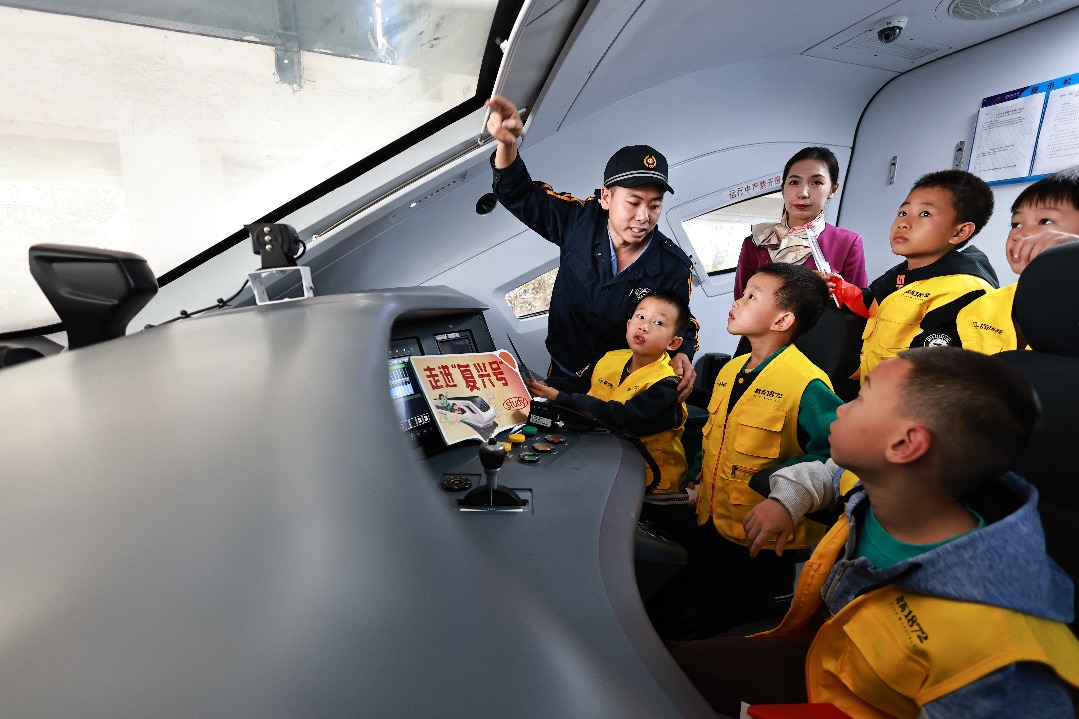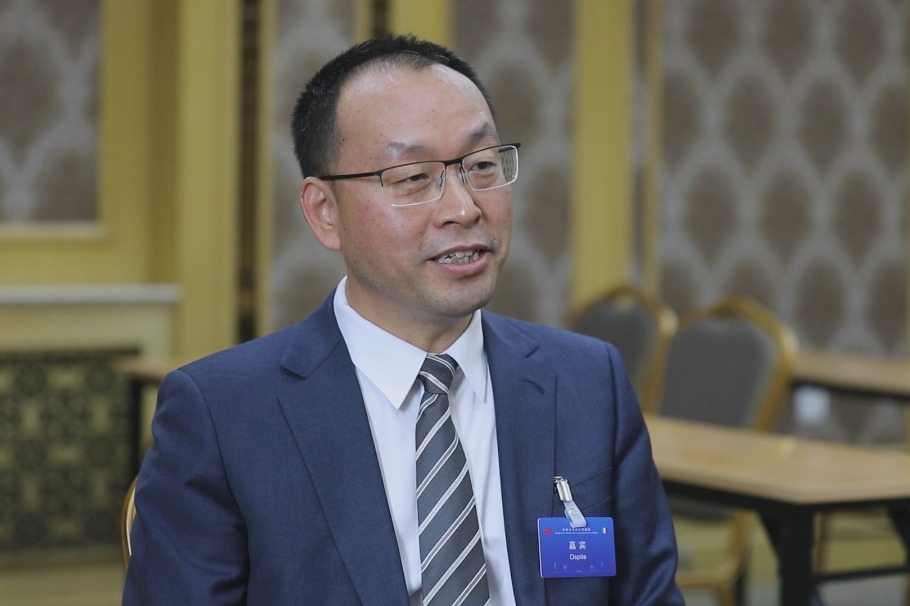Prospects remain challenging for new graduates

After earning a master's degree from a top university in the United States this June, a recent graduate, who asked only to be identified by her surname Guo, began a challenging job search that revealed a gap between her academic background and the demands of the labor market.
Guo studied political science and economics at the University of California, Los Angeles, for four years, before moving on to a master's program in international relations at Johns Hopkins University.
With a strong interest in consulting, particularly in areas of geopolitical risk and business strategy, she had high hopes for her job search. But after sending her resume to over 50 companies in the US and China, Guo received fewer than 10 responses.
"The job market feels vastly different from academia," Guo said. "Many of us assumed that a good degree would lead to a job that matches our skills. But several of my classmates, even those who graduated last year, are still working in internships or temporary roles," she said.
Thanks to her internships a few years ago, she finally secured a position with a Chinese consulting firm specializing in geopolitical risk analysis and international business strategy for enterprises from China and abroad. Reflecting on her experience, Guo noted she realized that academic credentials alone are no longer a significant advantage and that hands-on experience directly related to the role is increasingly essential.
Guo's experience illustrates the difficulties faced by young people in today's job market. According to the National Bureau of Statistics, China's unemployment rate for the urban labor force age 16 to 24, excluding students, was 17.6 percent in September. Sheng Laiyun, deputy head of the NBS, also highlighted structural issues in the labor market.
Wang Ting, a professor at the School of Business at the China University of Political Science and Law, said that changes in labor demand and technological unemployment caused by rapid technological advancements and the rise of the digital economy have posed challenges.
Wang added there is a lot of room for higher education and vocational training institutions to keep pace with the labor market's evolving demands.
Zhang Chenggang, an associate professor at the Capital University of Economics and Business, said that the slowdown of the global economy and the declining capacity for traditional industries to create new jobs are key factors that pose challenges to youth employment.
In a set of guidelines introduced in September by the Communist Party of China Central Committee and the State Council, expanding employment channels for youth, especially for graduates, is a major focus in promoting high-quality and adequate employment.
The policy package emphasizes expanding job opportunities for graduates, promoting vocational education and encouraging entrepreneurship. In addition, overseas graduates returning to China are eligible for equal access to employment and entrepreneurship policies and services.
Guo, the graduate, said she hopes the government and enterprises will enhance support for overseas students, such as by providing more online interview opportunities. She also suggested creating more precise information-sharing platforms to help overseas students better understand domestic employment trends.





































